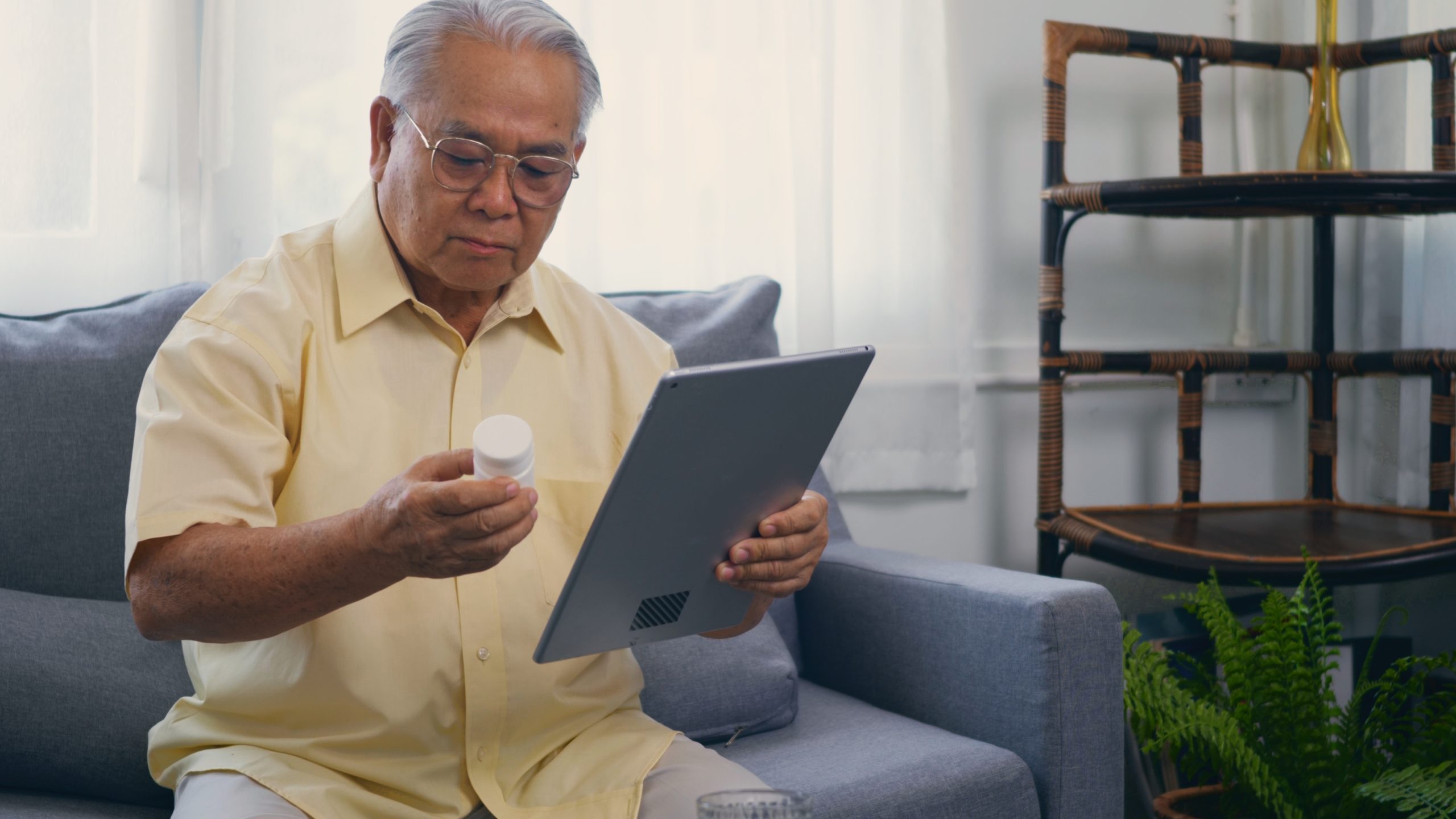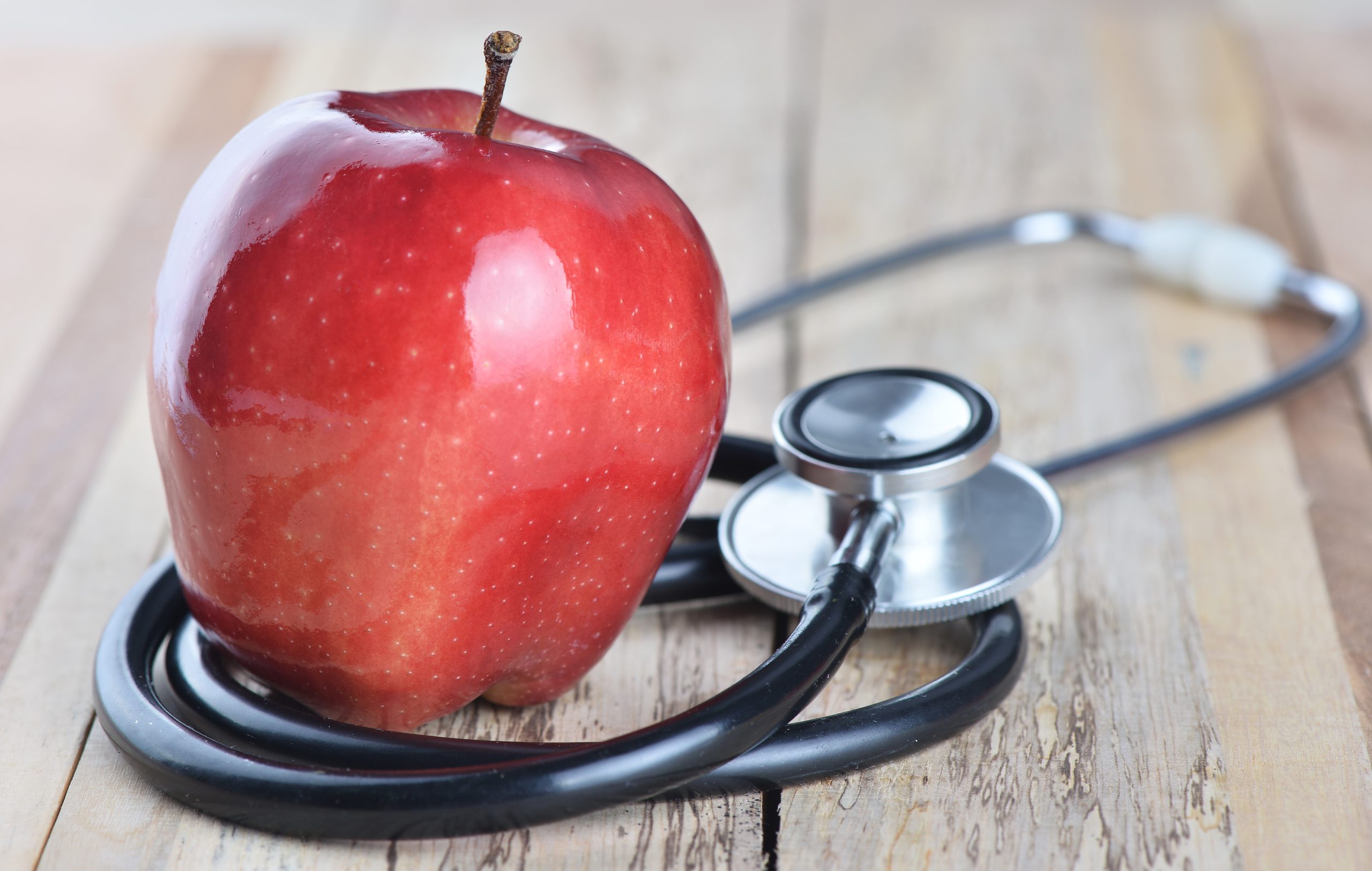Sick Visits
A sick visit to a primary care provider refers to a medical appointment that is scheduled when a patient is experiencing acute or short-term health issues, symptoms, or illnesses that require prompt attention but are not emergencies. During a sick visit, patients seek medical care for conditions that are typically non-life-threatening and may include:
- Respiratory Infections: Common cold, flu, COVID-19, bronchitis, sinusitis, or pneumonia.
- Gastrointestinal Issues: Nausea, vomiting, diarrhea, or stomach pain.
- Injuries: Minor injuries like cuts, sprains, or strains.
- Skin Conditions: Rashes, insect bites, or minor skin infections.
- Ear, Nose, and Throat Problems: Ear infections, sore throat, or sinus infections.
- Urinary Tract Infections: Painful urination or frequent urination.
- Allergic Reactions: Mild allergic reactions or allergy symptoms.
- Fever: High fever in adults
- Pain: Acute or severe pain in specific areas of the body.
During a sick visit, your primary care provider (PCP) will typically perform the following:
- Medical Assessment: You will be asked about your symptoms, medical history, and any recent exposure to illness to determine the likely cause of the problem.
- Physical Examination: A physical examination may be conducted to assess vital signs, examine affected body areas, and identify signs of illness.
- Diagnosis: Based on the assessment and examination, your provider will make a diagnosis either at the time of your visit or additional tests (e.g., blood tests, X-rays) may be ordered as necessary to confirm the diagnosis at a later time.
- Treatment: Your provider will recommend appropriate treatment, which may include prescription medications (e.g., antibiotics, antivirals, pain relievers), nutrition and lifestyle recommendations, or home care instructions.
- Education: Your provider will provide information on managing your condition, including any potential complications to watch for and when to seek further medical attention.
- Follow-Up: Depending on the condition, a follow-up appointment may be necessary to monitor your progress and adjust the treatment plan if needed.
Sick visits are essential in primary care to address acute health concerns promptly, alleviate discomfort, and prevent the worsening of conditions. They are distinct from routine check-ups or preventive care visits, which focus on general health and screenings. If you experience a severe or life-threatening medical issue, you should seek immediate emergency medical attention at your nearest hospital.
Click to learn about more services:











